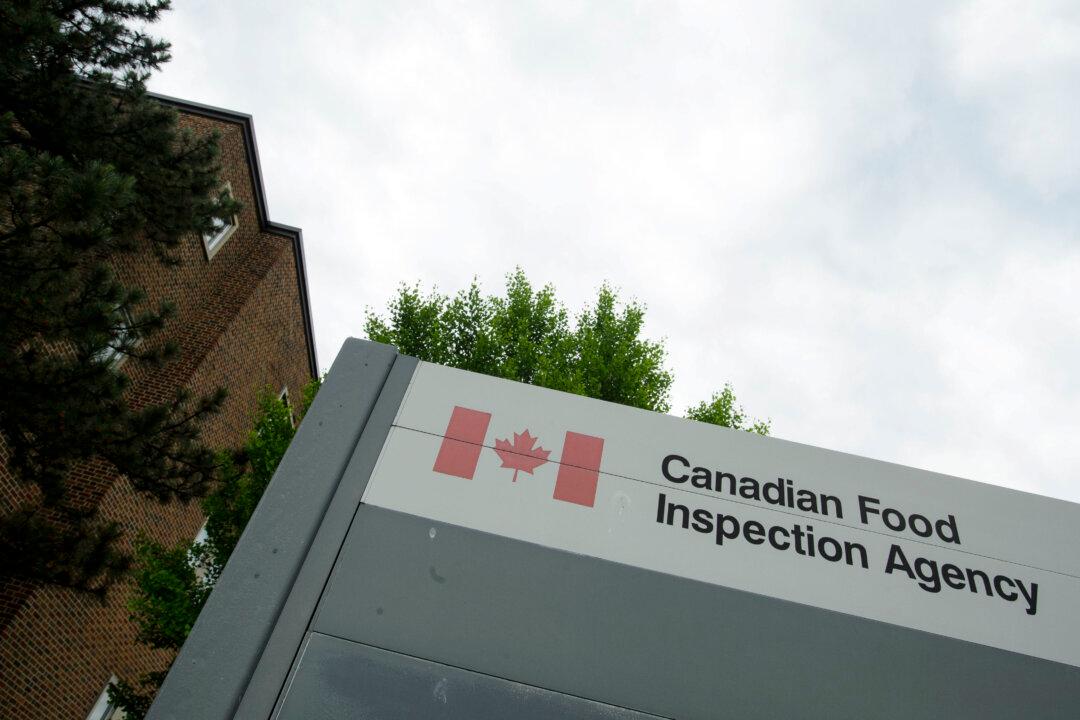The spice implicated in the food poisoning of 12 diners at a Markham, Ont., restaurant has been recalled across Canada.
The Canadian Food Inspection Agency said a recall had been issued for Mr. Right brand Keampferia Galanga Powder due to aconitine contamination.





